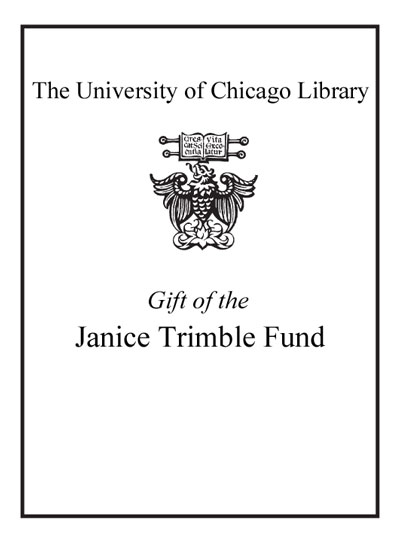Rahel Varnhagen : the life of a Jewish woman /
Saved in:
| Author / Creator: | Arendt, Hannah, 1906-1975, author. |
|---|---|
| Imprint: | New York : New York Review Books, 2022. ©1957 |
| Description: | xxv, 236 pages : portrait ; 21 cm. |
| Language: | English |
| Series: | New York Review Books classics New York Review Books classics. |
| Subject: | |
| Format: | Print Book |
| URL for this record: | http://pi.lib.uchicago.edu/1001/cat/bib/12773517 |
Regenstein, Bookstacks
| Call Number: |
PT2546.V22A913 2022
|
|---|---|
| c.1 | Available Loan period: standard loan Scan and Deliver Request for Pickup Need help? - Ask a Librarian |

